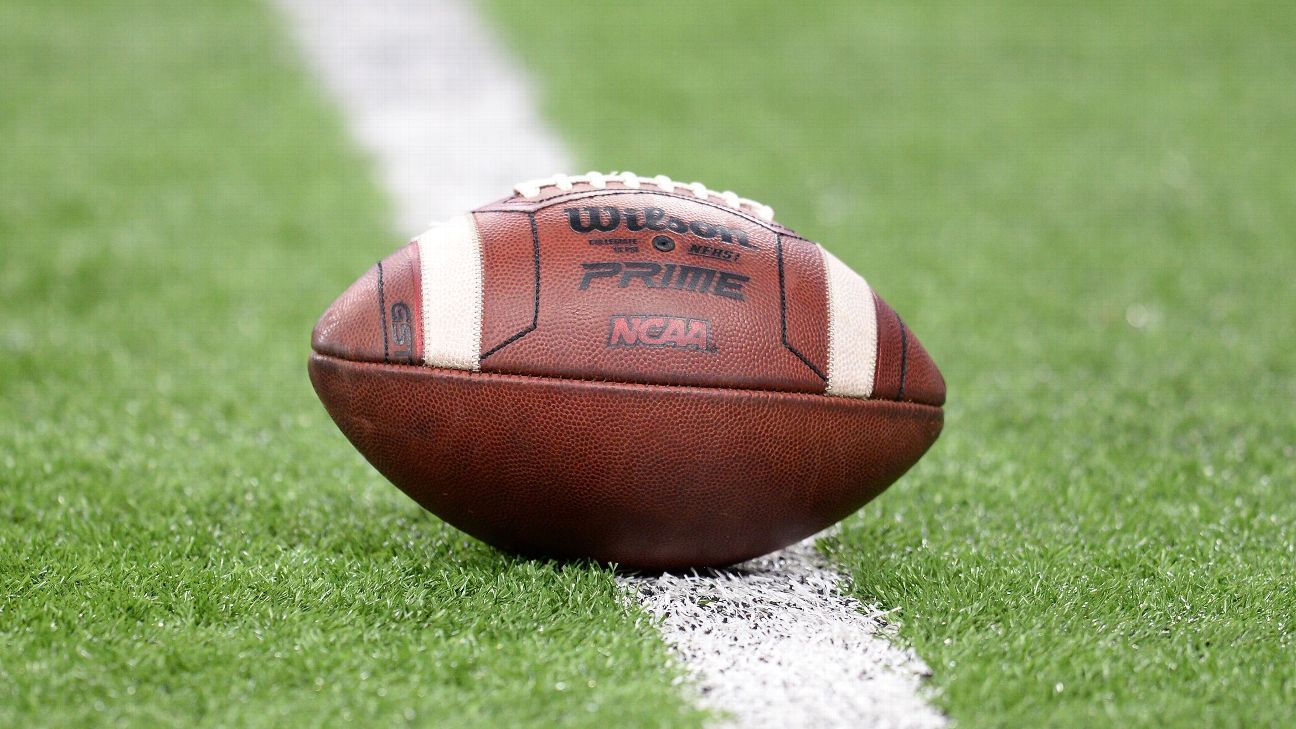A company that has partnered with dozens of college athletic departments on name, image and likeness programming announced a deal with Twitter on Thursday that will allow athletes to monetize video posts on the social media platform.
In less than a month, several state laws will go into effect that will make it possible for college athletes to be paid for endorsements, sponsorship deals and personal appearances.
The NCAA is also hoping to have new rules in place by the end of June to governor all Division I athletes and NIL compensation from third parties.
Opendorse’s deal with Twitter will give college athletes at schools that use its service the opportunity to start earning money from content they create and tweet with just a few taps on a smart phone.
Blake Lawrence, the co-founder of Opendorse and a former Nebraska football player, said the deal with Twitter will ensure that college athletes align with approved advertisers and videos published are compliant with NCAA rules and various state laws.
Among the schools that have deals with Opendorse are Nebraska, Texas, Ohio State, LSU, Indiana and BYU.
Opendorse also partners with several professional sports league players’ associations, including the NFL, NBA, NHL and Major League Baseball.
“We’ve built a system that allows the activities of an NBA player to be evaluated differently from that of an NFL player,” Lawrence said. “So that same approach you can bring to the collegiate space.”
He said if there is a state-by-state approach to NIL legislation, the company is equipped to evaluate activities differently for an athlete in Florida, for example, as opposed to one in Mississippi.
The video athletes can monetize cannot come from the schools and broadcast partners. They must be independently produced.
“This fall when a college sports fan is scrolling through Twitter, they’re going to see a video from their favorite student-athlete and that video could be that athlete providing a post-game recap. Their thoughts on the game they just played,” Lawrence said. “The fan hits play on that video and they will see a five- to 15- to 30-second advertisement before the video plays.
“The difference between that video this fall and that video today is that video this fall will result in compensation directly to that student-athlete.”
The athlete will be paid based on engagement with the video and number of followers.
